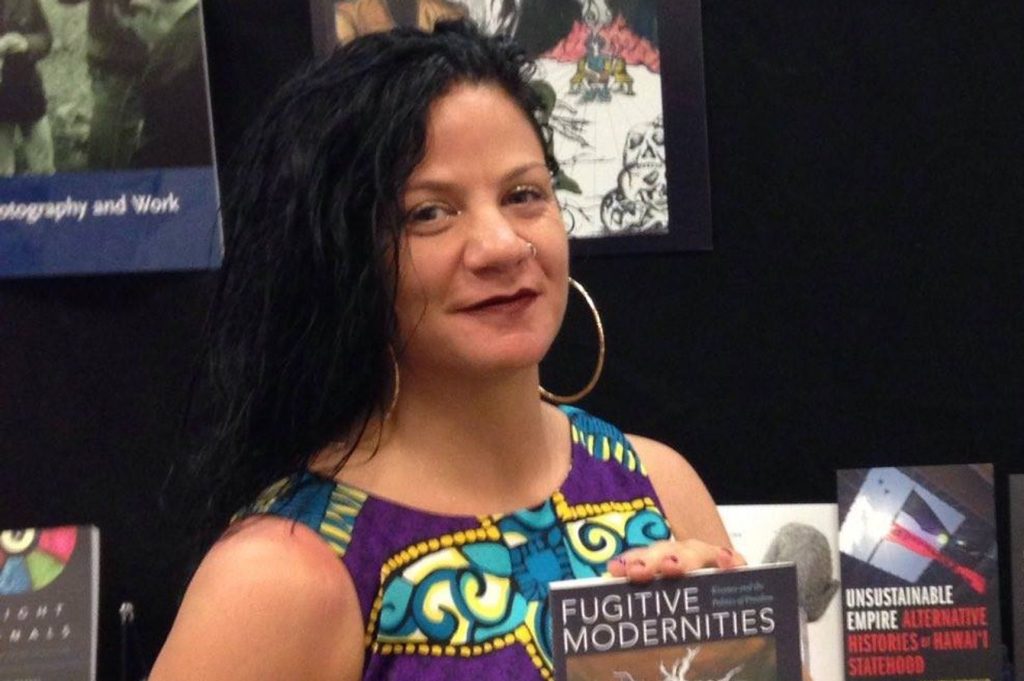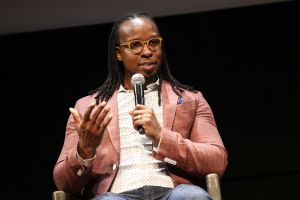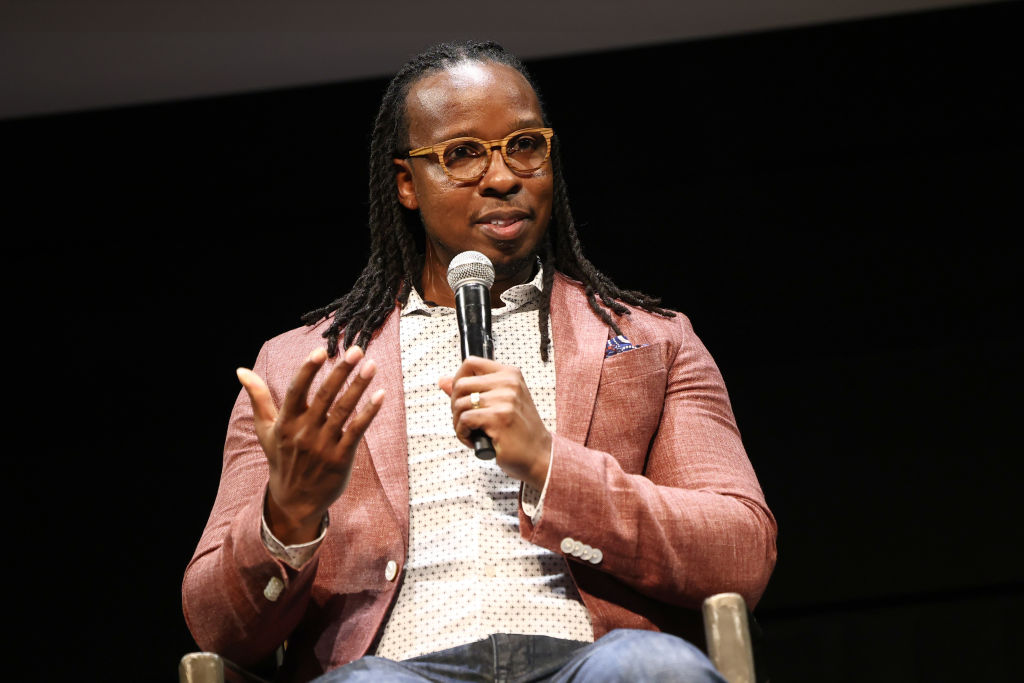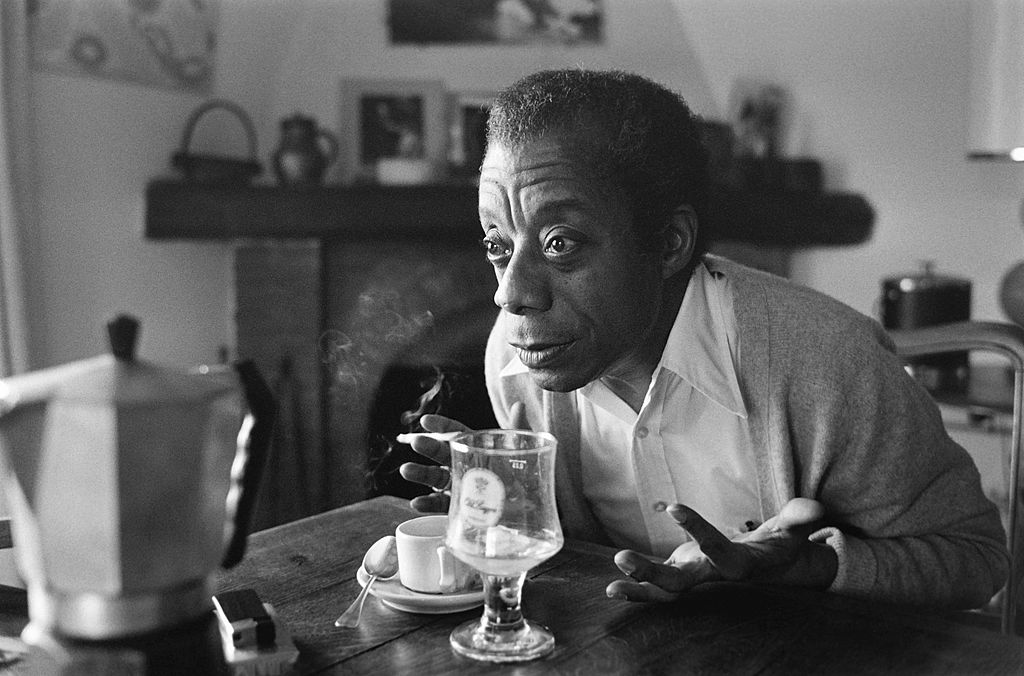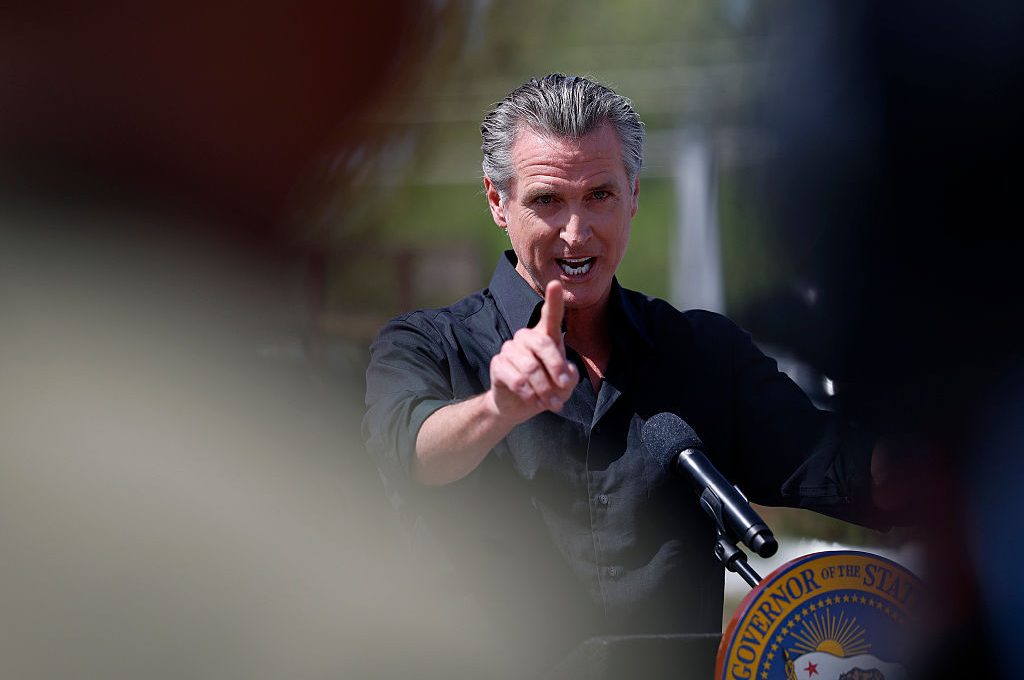I’m old enough to remember when it was considered a noble goal for the United States to become a colorblind society. I’m also old enough to have forgotten when that goal of colorblindness became, you know, just another way to perpetuate systemic racism. I don’t know how we got here, but I’m afraid I might be one of those perpetuators who ‘doesn’t see color’. Because, if I’m being real, lots of people of color look white to me.
These old-timey Perez eyes of mine may be onto something though. Five years after Rachel Dolezal shocked the world with the revelation of her whiteness, we’ve seen three back-to-back cases of white women pretending to be black go viral.
The most recent, Satchuel Paigelyn Cole, was a community leader in Indianapolis who worked with groups like Black Lives Matter and Showing Up for Racial Justice. While ‘Satch’ had been white her whole life, she hadn’t always been named Satchuel. In 2010 she changed her name from Jennifer Lynn Benton to a mix of Satchel Paige, legendary pitcher of the Negro leagues, and Chantelle-Owens-Cole, Benton’s African American friend. The combination sounds like Benton was concocting a spell: historical black figure + black woman I know = magical transformation. It may have worked too, had Jen not gone and added that unnecessary ‘u’ to her new first name.
Before Satch was outed, there was C.V. Vitolo-Haddad (pronoun ‘they’), the graduate student at the University of Wisconsin-Madison, who resigned from both their teaching position and their leadership role at the TAA, after they confessed that their roots were not black but Southern Italian/Sicilian. (There was a time in the US when being Sicilian might have been enough.)
And, of course, only days before C.V. came out, the woman who kicked off this hat-trick was none other than George Washington University’s Africana Studies professor Jessica Krug who, according to her confession on Medium, had ‘eschewed’ her ‘lived experience as a white Jewish child in suburban Kansas City under various assumed identities within a Blackness’ that she ‘had no right to claim: first North African Blackness, then US rooted Blackness, then Caribbean rooted Bronx Blackness’.
If you doubt this ‘unrepentant and unreformed child of the hood’, you can bear witness to Krug at her peak Caribbean-rooted Bronx Blackness in a YouTube clip where her alter ego Jess La Bombalera calls in to a New York City Council hearing on police violence. Let’s just say the most authentic thing about La Bombalera’s performance is the fact that she, a woman who moved to New York City from the suburbs of Kansas City, takes a moment to complain about gentrifiers.
You could get bogged down in the painful comedy of watching Krug attempt to speak like she’s from El Barrio or dance salsa. Her performance is a failure, as are the others. But how much of race in general is performative? In a world where threats are made to revoke figurative black cards from actual black people, what’s more important: your phenotype or the script you read out loud in public?
It’s telling that all the women worked in academia and/or activism, two industries where race, identity, and ‘lived experience’ are major currencies. As Melissa Chen points out ‘When there are incentives in the market of identity, you’ll have identity entrepreneurs.’ I agree with that, but in these particular cases I see more motivation beyond just market incentives.
For example, the editorial director for Duke University Press, poses the question, now that Krug’s been found out, ‘What are we then to do with her scholarship, which, as it happens, has been widely praised and recognized as important?’
In the case of Satch, she seems to have done some positive things for her community, like founding the No Questions Asked Food Pantry — something critics have pointed out she could have done without masquerading as a black woman. Of course, she would have run the risk of being labeled a ‘white savior’.
[special_offer]
Actually, I wonder if what we’re seeing here are examples of some next-level white saviorship. Like the story of the Christian God who became man, the ultimate white savior is one who becomes black, shows black people how to be black, and ultimately sacrifices their black identity (when outed).
It’s hard to watch all these stories unravel and not think back to Chris Rock’s 1999 stand-up special Bigger & Blacker, where Rock says, ‘There ain’t a white man in this room who would change places with me. None of you. None of you would change places with me. And I’m rich. That’s how good it is to be white.’
Twenty-one years later, I can’t be certain that a white man would change places with Chris Rock…but a white woman just might. I guess that’s progress.



